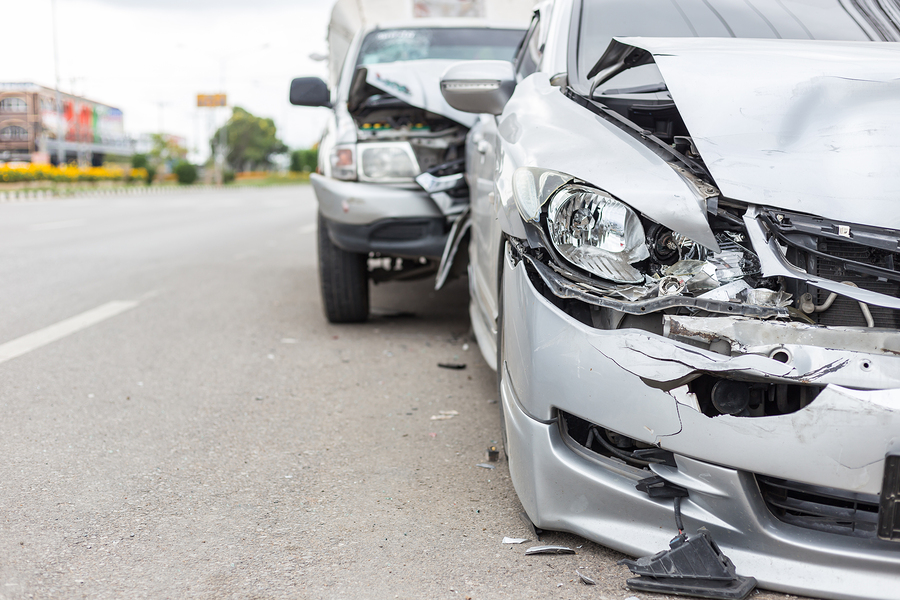In a recently published report, the AAA Foundation for Traffic Safety estimated that over the last four years, road debris caused around 200,000 car accidents across the nation. The report also revealed that in those car accidents, as many as 39,000 people were injured. Tragically, those injuries led to the deaths of at least 500 people. According to this data, car accidents caused by road debris may be on the rise, which could have dire consequences for drivers.
Road Debris Defined
According to the AAA Foundation’s report, the most common types of debris involved in car crashes included:- Debris from blown tires
- Loose cargo that spilled from commercial trucks onto the roadway, such as lumber
- Fallen branches and trees
- Furniture
- Construction equipment negligently left on the side of the road
- Vehicle parts from other cars
- Rocks and boulders, especially in mountainous locations
- Trash
Precautionary Steps
Unfortunately, if a driver does not see an object until it is too late to swerve, there is not much he or she can do to avoid a crash. In fact, even swerving out of the way can increase the risk of being involved in an accident. This is because suddenly hitting the brakes or swerving into a neighboring lane can cause multi-vehicle pileups, which tend to result in especially severe injuries. For this reason, it is even more important for drivers to make an effort to take a few preventive steps and avoid leaving debris in the road. For instance, truck drivers should make sure that their loads are secured with straps and ropes in accordance with company standards as well as federal law. Drivers are also encouraged to make an effort to drive defensively by:- Refraining from tailgating
- Giving commercial trucks plenty of room
- Scanning the road for debris every 12 to 15 seconds
- Remaining especially alert when visibility is poor


